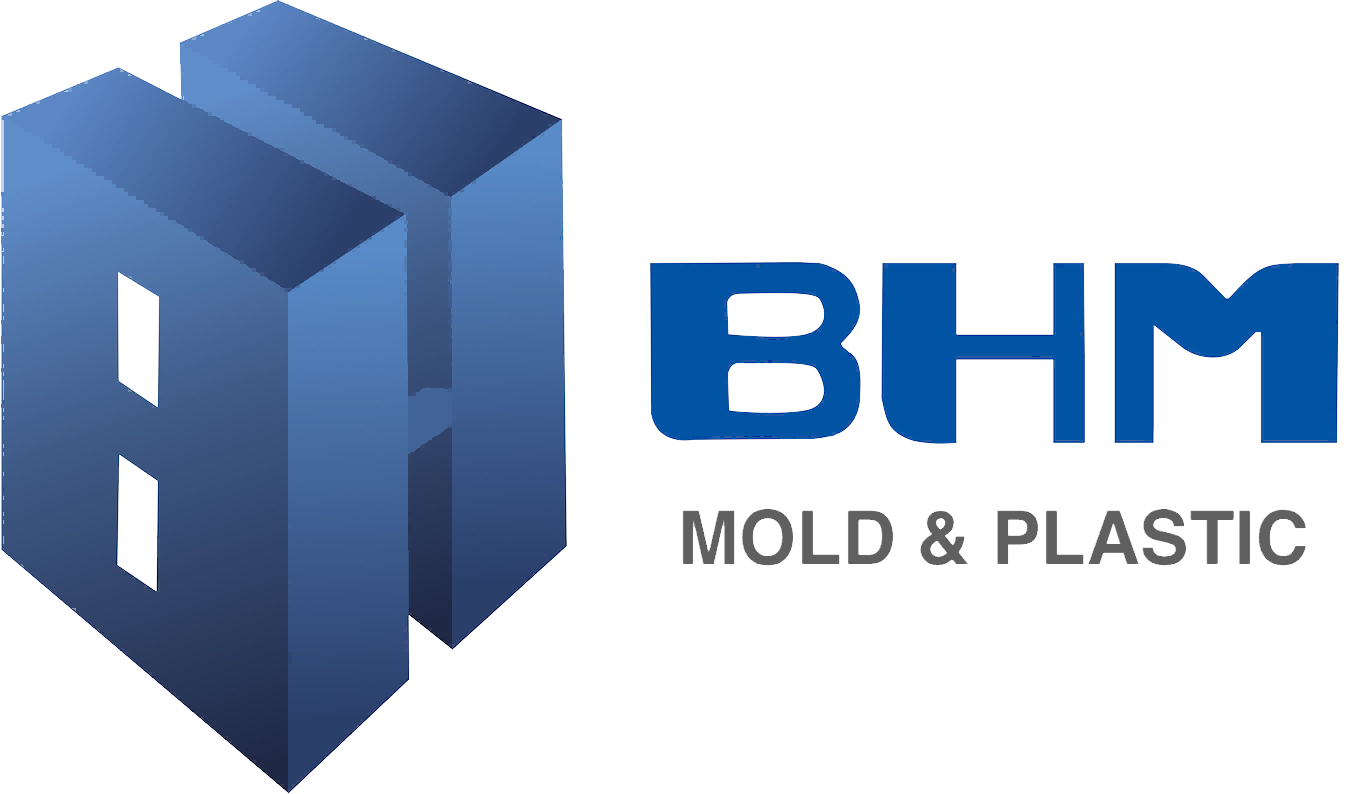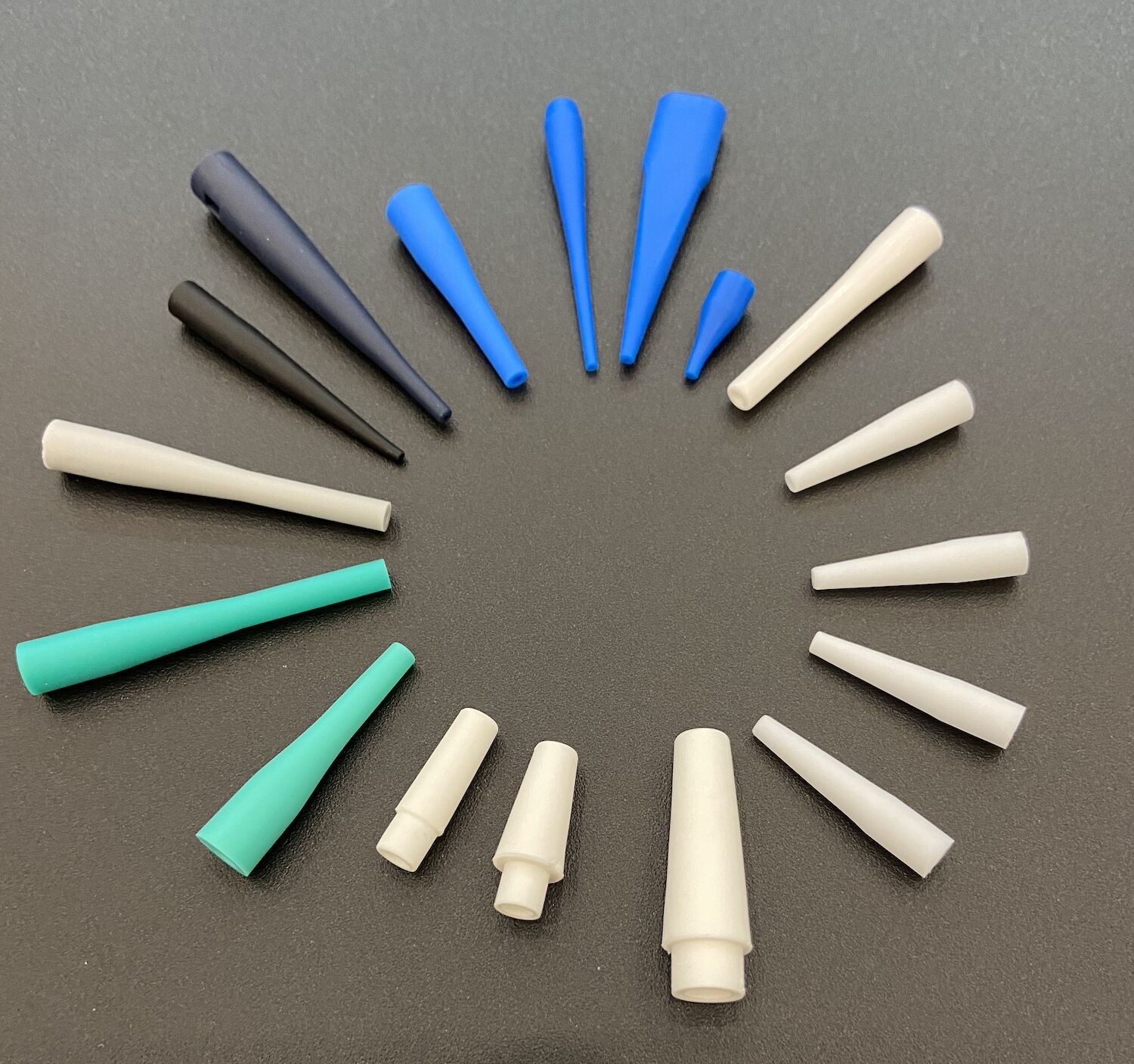Essential Considerations for Selecting Manufacturing Partners
The success of any manufacturing operation heavily depends on partnering with the right OEM tooling providers. These specialized manufacturers serve as the backbone of production processes, delivering custom tools, dies, molds, and fixtures that determine product quality and operational efficiency. Making an informed decision when selecting OEM tooling providers requires careful evaluation of multiple factors that can significantly impact your manufacturing outcomes.
Modern manufacturing demands have evolved dramatically, making the selection of tooling partners more critical than ever. With global competition intensifying and production requirements becoming increasingly complex, businesses must ensure their chosen OEM tooling providers can deliver not just quality products, but also innovative solutions, reliable support, and competitive advantages.
Technical Capabilities and Manufacturing Excellence
Advanced Equipment and Technology
Leading OEM tooling providers invest heavily in state-of-the-art machinery and manufacturing technologies. This includes precision CNC machines, advanced CAD/CAM systems, and quality control equipment. The technological capabilities of a provider directly influence their ability to produce complex tools with tight tolerances and consistent quality. When evaluating potential partners, assess their equipment portfolio and technological infrastructure to ensure they can meet your specific requirements.
Modern manufacturing demands often require specialized processes like EDM machining, precision grinding, and advanced surface treatments. Providers should demonstrate expertise in these areas and show a commitment to staying current with technological advancements. This technological foundation enables them to handle diverse projects and adapt to evolving manufacturing needs.
Quality Control Systems
Robust quality management systems distinguish exceptional OEM tooling providers from average ones. Look for partners with comprehensive quality control processes, including in-process inspections, final verification procedures, and documented quality standards. Certification to international standards like ISO 9001 indicates a structured approach to quality management.
The best providers implement advanced measurement and testing capabilities, ensuring tools meet exact specifications before delivery. They should maintain detailed quality records and demonstrate a track record of consistent performance. This commitment to quality helps minimize production issues and reduces the total cost of ownership.
Experience and Industry Expertise
Track Record and Portfolio
Experienced OEM tooling providers bring valuable insights and proven methodologies to your projects. Review their portfolio of completed projects, particularly those similar to your requirements. A strong track record in your industry indicates understanding of specific challenges and regulatory requirements. Look for providers who can share case studies and references from satisfied clients.
Long-standing relationships with other manufacturers often signal reliability and consistent performance. The best providers maintain detailed documentation of their projects and can demonstrate continuous improvement in their processes and capabilities over time.
Industry Knowledge and Innovation
Superior OEM tooling providers stay ahead of industry trends and actively contribute to manufacturing innovation. They should demonstrate deep understanding of materials, processes, and design principles relevant to your industry. This expertise enables them to suggest improvements and optimize designs for manufacturability.
Look for providers who invest in research and development, regularly update their capabilities, and participate in industry associations. Their ability to provide creative solutions to manufacturing challenges can significantly impact your competitive advantage.
Operational Efficiency and Support
Production Capacity and Lead Times
Reliable OEM tooling providers maintain sufficient production capacity to meet your volume requirements and deadline expectations. Evaluate their facility size, equipment availability, and workforce capabilities. Understanding their current workload and capacity management systems helps assess their ability to handle your projects effectively.
Lead time management is crucial for maintaining production schedules. The best providers offer realistic timelines and demonstrate systems for tracking progress and communicating updates. They should have contingency plans for handling rush orders and emergency maintenance requirements.
Technical Support and Communication
Effective communication and responsive technical support characterize successful OEM tooling providers. Look for partners who assign dedicated technical representatives and maintain clear communication channels. They should offer comprehensive documentation, including detailed drawings, maintenance guides, and operation manuals.
Post-delivery support is equally important, including training, maintenance assistance, and troubleshooting services. The best providers maintain detailed records of tool performance and service history, enabling proactive maintenance and optimization.
Commercial Considerations
Pricing Structure and Value
While cost is important, evaluating OEM tooling providers solely on price can be misleading. Consider the total value proposition, including quality, service life, support services, and potential impact on production efficiency. The best providers offer transparent pricing structures and can justify their costs through demonstrated value.
Look for providers who proactively suggest cost-saving opportunities through design optimization or material selection. They should also offer clear warranty terms and reasonable policies for repairs and replacements.
Financial Stability and Investment
Partner with OEM tooling providers who demonstrate financial stability and ongoing investment in their capabilities. Review their financial history, credit ratings, and investment patterns. Stable providers continually upgrade their equipment and facilities, showing commitment to long-term success.
Consider their investment in workforce development and technology adoption. Providers focused on continuous improvement are more likely to remain competitive and support your future needs effectively.
Frequently Asked Questions
How long should the tooling selection process take?
The selection process for OEM tooling providers typically takes 2-3 months for thorough evaluation. This includes initial research, site visits, capability assessments, and commercial negotiations. Complex projects may require additional time for technical discussions and prototype development.
What certifications should OEM tooling providers have?
Essential certifications include ISO 9001 for quality management systems and industry-specific standards relevant to your sector. Additional certifications like AS9100 for aerospace or IATF 16949 for automotive may be required depending on your industry requirements.
How often should tooling providers be re-evaluated?
Conduct formal evaluations of OEM tooling providers annually, with ongoing performance monitoring throughout the year. Major changes in your production requirements or significant quality issues may necessitate immediate reassessment of the partnership.
What level of technical support should be expected?
Premium OEM tooling providers should offer comprehensive technical support, including design assistance, troubleshooting, maintenance training, and 24/7 emergency support for critical tools. Regular performance reviews and optimization recommendations should be part of their standard service package.

